Organizer: prof. Mateusz Stróżyński (matstroz@amu.edu.pl)
In the recent years the stereotypical views of Plato, Platonism, and what might be called “the Platonic tradition” have been increasingly challenged by scholars from various disciplines. There is a growing interest in this newly understood Platonism, which is seen not so much as “the philosophy of Plato”, but as a complex tradition, in which an important role is played by literature, art, music, religion, and spirituality, in addition to philosophy or the history of ideas. The proposed series of lectures will show the most important aspects of innovative research in that field and a deeply interdisciplinary character of that research. It will cover a long history of the Platonic tradition, from Plato himself to the present day. The selection of international experts proposed here will provide a fascinating overview of the newly emerging wave of scholarship, redefining how we understand the legacy of Plato and his followers and critics.
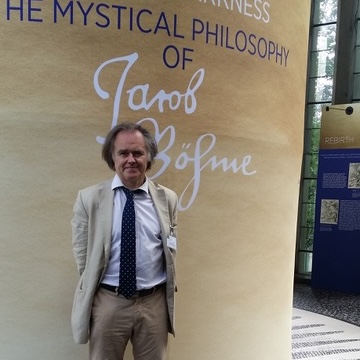
Douglas Hedley (University of Cambridge) – professor of the philosophy of religion at the Faculty of Divinity. He is interested in the Platonic tradition, in particular the Cambridge Platonists and Romanticism. He was a visiting professor at the Sorbonne, Ludwig Maximilian University in Munich, Notre Dame University, Jadavpur University in Kolkata and McGill University. He is the author of numerous books and articles, among others: Coleridge, Philosophy and Religion (Cambridge 2009), Living Forms of the Imagination (New York 2008), Sacrifice Imagined: Violence, Atonement, and the Sacred (New York 2011), The Iconic Imagination (New York 2016).
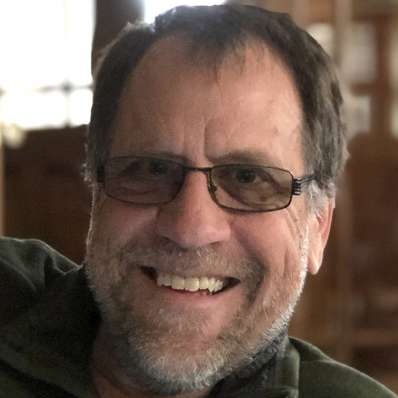
John Vervaeke (University of Toronto) – professor of cognitive science, conducting interdisciplinary research on the borderline of cognitive science, philosophy and spirituality. His YouTube lecture series Awakening from the Meaning Crisis became extremely popular and influential. The author of numerous articles, e.g. (with co-authors) “Walking wisdom’s path: contributions of faith, age, personal wisdom to ideas of cultivation wisdom”, Journal of Religion, Spirituality & Aging, 2022; “How a philosophy of meditation can explore the deep connections between mindfulness and contemplative wisdom,” in Routledge Handbook on the Philosophy of Meditation, R. Repetti (ed.), 2022, and a book (with co-authors): Zombies in Western Culture: A Twenty-first Century Crisis, 2017.
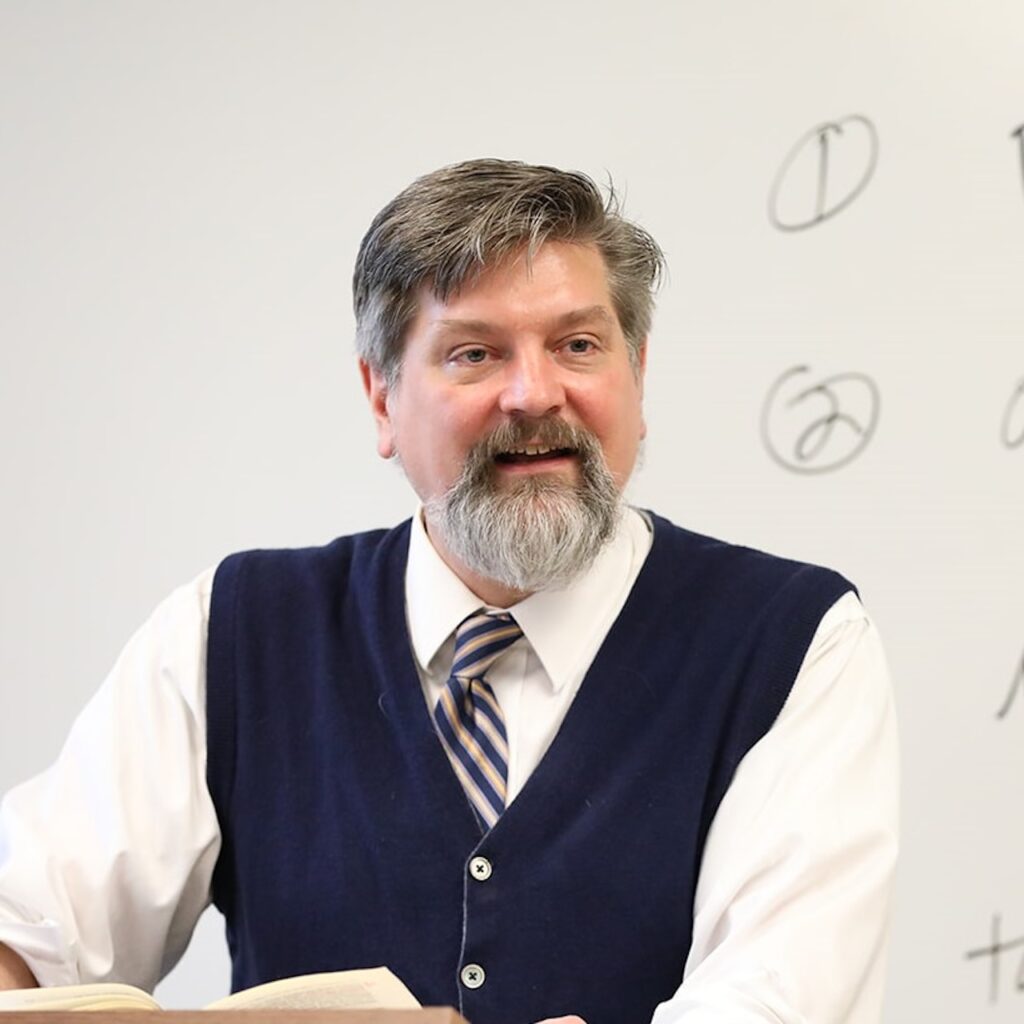
David C. Schindler (John Paul II Institute, Washington, DC) – professor of metaphysics and anthropology at the John Paul II Institute, Washington, DC. He is interested in the philosophy of Plato, the tradition of Western metaphysics and the history of ideas. The author of more than a dozen books, including Plato’s Critique of Impure Reason: On Goodness and Truth in the Republic, Catholic University of America Press, 2008; Freedom from Reality, Notre-Dame University Press, 2017; and Retrieving Freedom, Notre-Dame University Press, 2022.
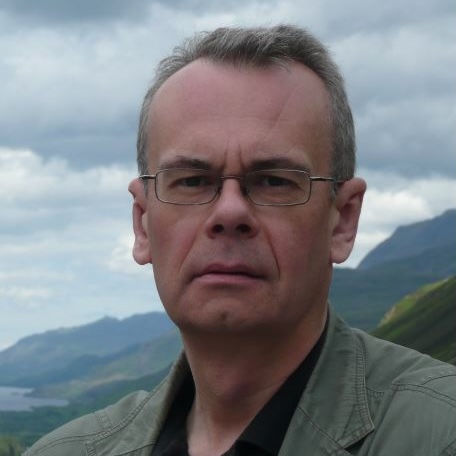
Paul Bishop (University of Glasgow) – he is William Jacks Chair in Modern Languages at the University of Glasgow. His research interests are intellectual history, including German reception of ancient thought and intercultural approaches to business and commerce. He is the author of two volumes of: Analytical Psychology and German Classical Aesthetics: Goethe, Schiller and Jung, Volume 1: The Development of the Personality. Routledge: London, 2007 and Volume 2: The Constellation of the Self. Routledge: London, 2008 as well as Reading Goethe at Midlife : Ancient Wisdom, German Classicism, and Jung, New Orleans, LA, 2011.
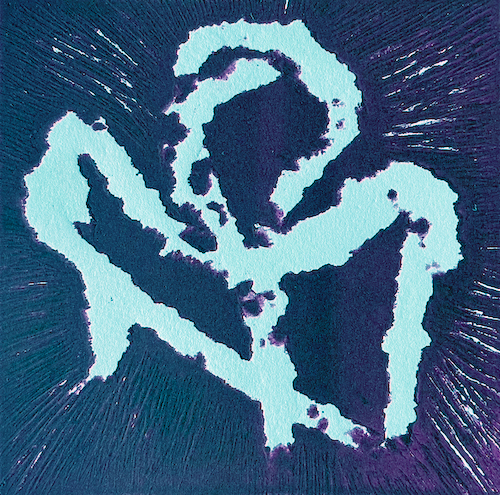
Gareth Polmeer (Royal College of Art) – he is an artist and senior tutor at the Royal College of Art in London. He has interests in aesthetics and metaphysics, including questions around technology and meaning, and the history and philosophy of art. He has published articles, essays and book chapters, among others: “Lasting Light: Plotinus, Likeness and Images,” in: Finamore, J. Patsioti, I., and Stamatellos, G. (eds.) Platonism and its Heritage: Selected Papers from the 19th Annual Conference of the International Society for Neoplatonic Studies, Lydney, 2023; “Poetry, Language and Meaning: Barfield’s Early Writing and the Influence of Coleridge,” Coleridge Bulletin 59, 2022; and “Sequences and Intervals,” Leonardo Journal 48, 2 (2015), Cambridge, MA or “Transient Landscape,” Millennium Film Journal 61 (2015). He has exhibited his work internationally.
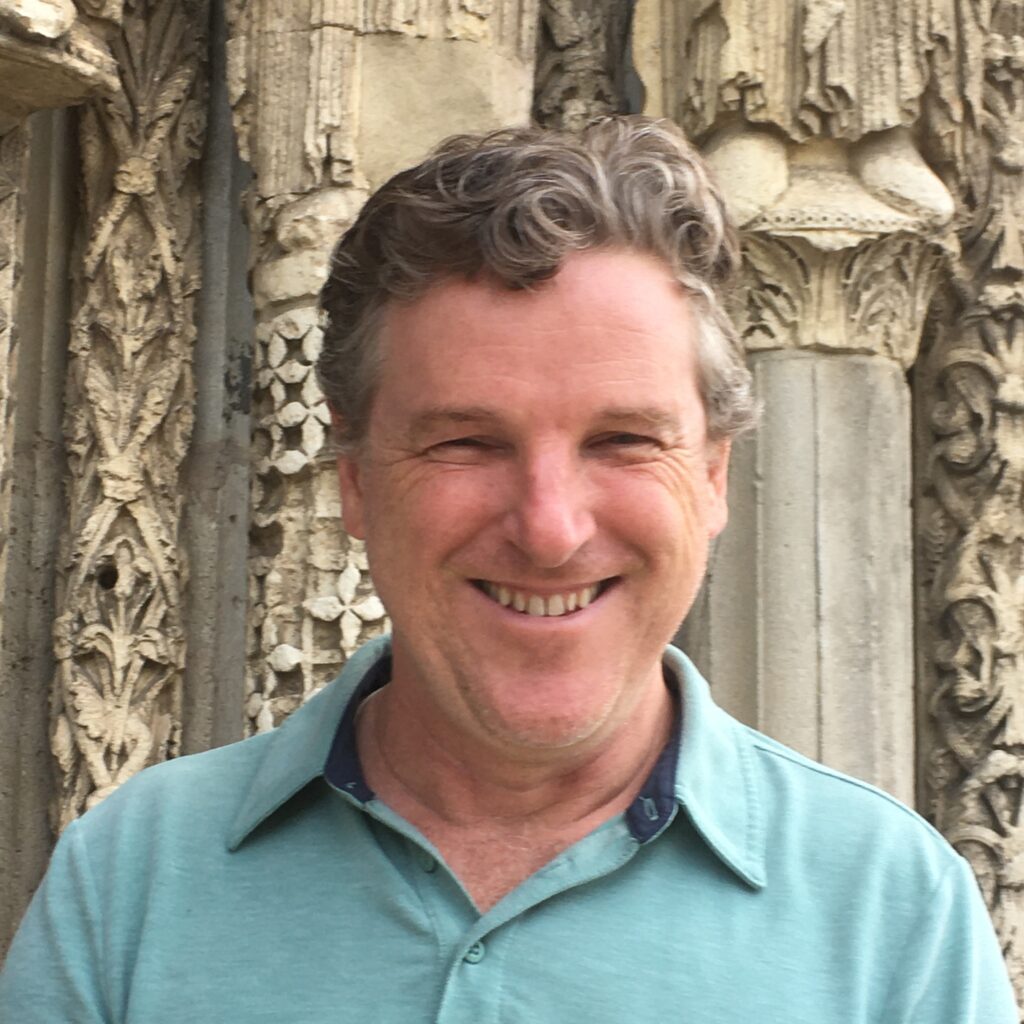
Jeffrey Hipolito (Independent) – he is an independent scholar living in Seattle and the chairperson of the Owen Barfield Society. He published articles in European Romantic Review, Journal of the History of Ideas, and Journal of Inklings Studies. He is the author of two forthcoming books: Owen Barfield’s Poetic Philosophy: Meaning and Imagination, Bloomsbury, 2024 and Owen Barfield’s Poetry, Drama, and Fiction. Rider on Pegasus, Routledge, 2024.
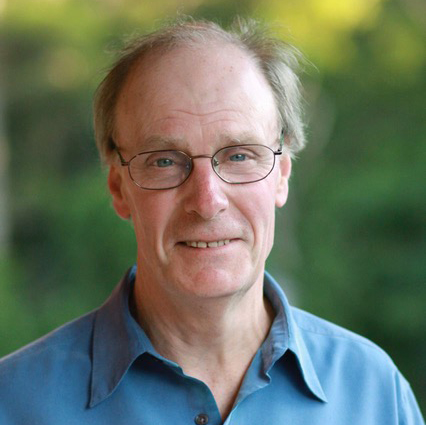
Kevin Corrigan (Emory University) – he is Samuel Candler Dobbs professor of interdisciplinary humanities at Emory University. He is interested in Platonism and its relationship with philosophy, literature, and religion. He published over a dozen books, including Plotinus: a practical introduction to Neoplatonism, Purdue University Press, 2004; Love, Friendship, Beauty and the Good: Plato, Aristotle, and the later tradition, Wipf and Stock, Cascade Books, USA/UK, 2018, and A Less Familiar Plato: From Phaedo to Philebus, Cambridge University Press, 2023.
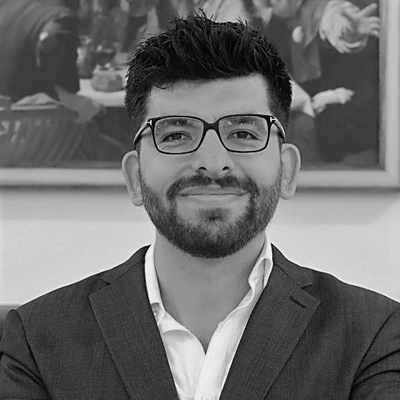
Pablo Irizar (Newman Theological College, Edmonton) – he has a Ph.D. in Theology from the Catholic University of Leuven in Belgium and a Ph.D. in Philosophy from the Institut Catholique de Paris. He is currently the Academic Dean of Newman Theological College in Edmonton, Alberta. He is interested in Augustine of Hippo and the Catholic intellectual tradition in general. Among his books are Augustine on Distance, Belonging, Isolation and the Quarantined Church of Today (London: Bloomsbury, 2022); Augustine on Identity, the Image of God and the Church (Berlin: de Gruyter, forthcoming 2023); The Metamorphosis of Love: Body, Word and Free Will in On the Song of Songs by Bernard of Clairvaux (Paderborn: Brill, forthcoming 2023), and John Henry Newman on the Life of Ideas, Constructive Change, Character Development and the Limits of Progress (London: Bloomsbury, forthcoming 2023).
© 2023 All Rights Reserved